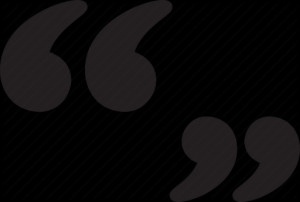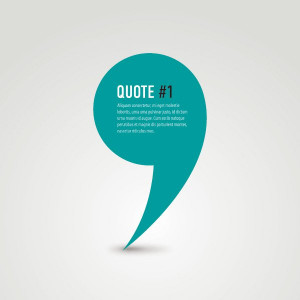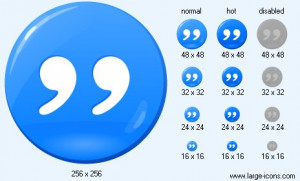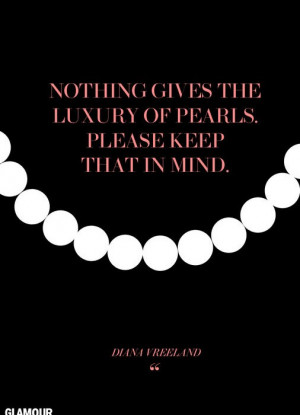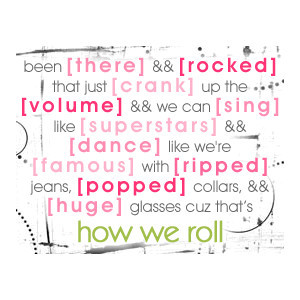Icons Quotes
Usually, you get to interview that one girl who plays the sister on some Disney show - you interview that girl a lot - but sometimes, every once in a while, you get to interview a legend. I have interviewed some amazingly iconic people, including Michelle Obama, Oprah, Sidney Poitier and Judy Dench. These people are legit icons.
If Abstract Expression reached for the sublime, Pop turned ordinary imagery into icons. Roy Lichtenstein and Andy Warhol illuminated the transformative power of context and the process of reproduction. Claes Oldenburg's soft ice-cream cones and hamburgers changed sculpture from hard to soft, from stasis to transformation.
